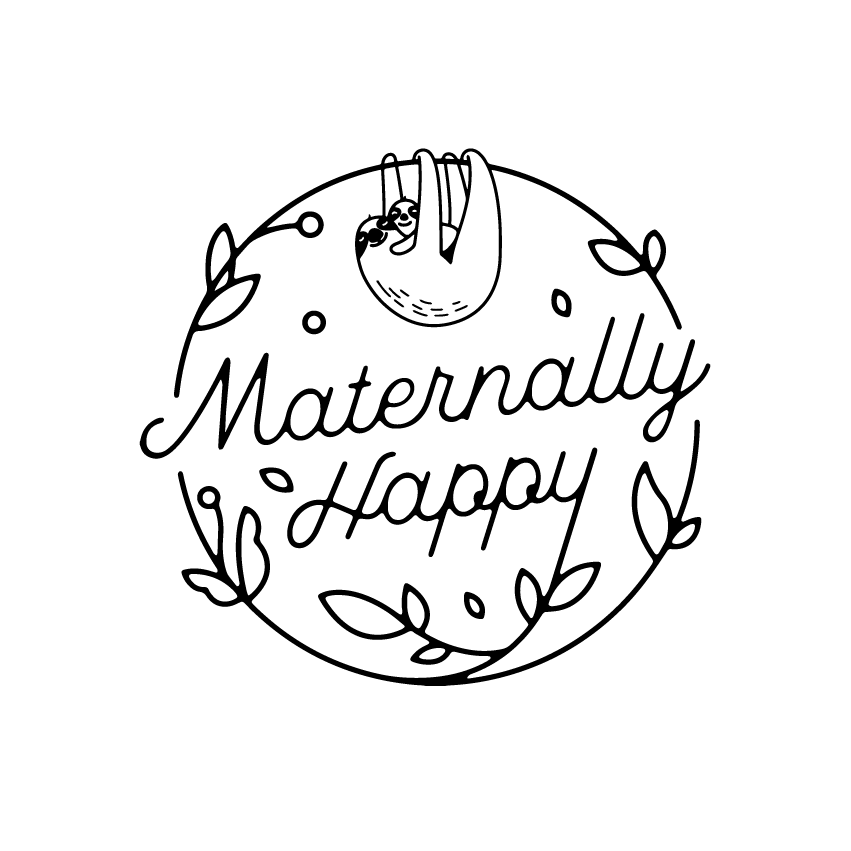




Please note: In this blog there is some discussion around disordered eating and over-exercising. If you think this may be a potential trigger for you, please re-consider this blog.
In my early 20’s I was diagnosed with PCOS.
I remember back to this time and how this diagnosis felt isolating and overwhelming. I was told by the gynaecologist that in order to 'regulate' my cycle I needed to go on the pill and would probably need medication to fall pregnant.
Back in my early 20's I didn't know what I know now. I thought to myself, it was incredible the pill could fix my symptoms and ‘regulate my cycle.’ I wasn’t considering children at this stage of my life, and to be honest, I had little to no idea what PCOS actually meant.
The OCP for me, lasted 3 months.
I had low mood, heightened emotions, gained weight rapidly and for someone who is generally a pretty happy and bubbly person, I basically became like the grinch on Christmas (I personally love the grinch, but no one needs that kind of unrelenting pessimism in their life!)
With this, I decided the best thing to do was stop the pill. I took some time off contraception to try feel back to my normal self. However, following this, naive me decided to make my merry way back to the gynaecologist who then recommended trying the copper IUD. I thought brilliant, no hormones, why didn’t we try this in the first place...
6 months went by without many issues, apart from the odd cramping and spotting at the beginning, which is pretty routine.
Suddenly it took a turn for the worse.
I won’t go into too much detail (even though being part nurse I am notorious for sharing TMI) but I lost a lot of blood for months on end.
Now before I go on, some of you may be wondering why I didn’t seek medical attention earlier. Hindsight is truly a wonderful thing and being a nurse you can become complacent about your own health. But to be honest with you, I was done with contraception and was fearful of another option being presented to me.
BUT, I made my way back to the gynaecologist, had my IUD removed and never went back. Not surprising, I was offered another form of contraception but I remember saying, ‘I’ll think about it.’
Following the removal of the IUD I immediately felt so much better.
Hormonal contraception was not an avenue I was willing to explore possibly ever again.
My body, hormones, ovaries and mental health had honestly had enough!
Now to discuss one of the contributing factors to why my cycle was irregular in the first place.
Back in my late teens, early 20's I thought consuming low fat, no sugar “foods” and exercising excessively was the best way for me to manage my weight and stay ‘skinny’. I believe the pressures started mostly in high school. Those of you who went to an all girls school will understand some of these challenges.
I remember having so many unnecessary restrictions placed on certain foods. This was not a sustainable way of living and was reflected by my irregular menstrual cycle. I would go for months without getting my period when I was under weight and then would get it every 24 days, 44 days, 32 days, 12 days and so on, you get the gist.
It had a mind of its own and I don’t blame it.
My body was in a state of imbalance and so too were my hormones. I was depriving myself of key nutrients and calories and didn’t have enough fat on my body to physically fall pregnant or sustain a period.
Typing this makes me so sad because if only I could be that voice for my younger self saying, 'Everything will be okay, your weight doesn’t define you'. It was a constant battle...
It wasn’t until I was about 25 (I am 31 now as I write this) that I started trying to get to the root cause of my problems. I was so sick of neglecting my body and using conventional treatment options to try and manage my symptoms.
At the time, I had just met my husband, Joel and really started thinking about what PCOS meant for my health and fertility.
Joel was an absolute god-send. His calming and reassuring presence provided me with the ability to relax around foods, my exercise routine and my lifestyle.
He helped me work through a lot of things unknowingly and his support has constantly been unwavering (now enough of pumping Joels tyres up! But I just wanted to highlight the importance of having a supportive partner.)
Moving forward:
My holistic and proactive approach to health was heavily influenced during this time and was further consolidated through my qualifications as a RN/RM and nutrition consultant.
So here are some helpful strategies I put in place for managing my PCOS symptoms which you may find helpful:
I hope you found this helpful. Feel free to send me a message on @thepregnancyculture if you ever need a chat or a vent in regards to navigating PCOS.